Microsoft and ThyssenKrupp utilize the IoT to carefully monitor elevator health
3 min. read
Published on
Read our disclosure page to find out how can you help Windows Report sustain the editorial team. Read more
As is the case with aircraft engines, German elevator-maker ThyssenKrupp keeps a close eye on its elevators to monitor when maintenance is needed to ensure maximum efficiency and customer safety. The last thing any elevator maker needs is bad press following a free-falling elevator incident.
To secure the promise of providing safe and reliable elevators, ThyssenKrupp has teamed up with CGI, an independent IT and business process service firm to develop Internet-of-Things (IoT) technical solutions based on Microsoft Azure, Power BI for Office 365 and Microsoft Azure Machine Learning service to constantly monitor the conditions of the company’s elevators around the world.
“Not only can they now offer customers predictive maintenance and analytics, they’re setting a new industry standard for reliability, creating a totally new business model and differentiating themselves from competitors.” – Susan Hauser, Corporate VP, Enterprise and Partner Group, Microsoft
Dr. Rory Smith of ThyssenKrupp noted that this can be a difficult task considering that the company has provided over 1 million elevators and escalators in the US alone, and in some of their rapidly expanding markets, such as the Middle East, India and China, they will be providing a lot more of their products. Businesses and contractors in China for example are ordering half a millions elevators and escalators from ThyssenKrupp on a yearly basis.
“We manufacture [elevators] once, we install them once, but we service elevators continuously, it could be a hundred years. And so we feel that using cloud computing and IoT we can do predictive maintenance, predictive analytics, and those are important to us in the developed markets, such as Western Europe and North America. There we look to control costs, but in the developing markets, we are almost just trying to survive with the tremendous growth.” – Dr. Rory Smith
The company has admitted that this demand has changed their business model, as providing the after-sales services of supporting the elevators is now a big part of how the company positions itself among competitors. With such strong demand, the company also had to figure out how to approach training employees in all of the different markets they now sell to, and to work around this issue they developed a remote diagnostics strategy that ties into the company’s call centers.
“…the ability to use machine learning and remote diagnostics has helped augment employee talent while reducing the amount of time needed for training. These types of efficiencies illustrate the importance of becoming a digital business and the competitive advantages it offers.” – Hauser

With the help of CGI, ThyssenKrupp developed an application that allowed for a secure connection to the millions of elevators in service, and that also provided real-time monitoring. Additional partners were brought in to develop an intuitive user interface that both engineers and customers would find easily accessible.
Looking forward, ThyssenKrupp plans to upgrade 60% of its currently deployed elevators to take advantage of the new Microsoft-based IoT system, as well as about 18% of its escalators in service. The strategy has allowed them to create new revenue streams as well as differentiate themselves from the competition. We should be hearing about more companies from all sorts of different industries following suit in the near future.


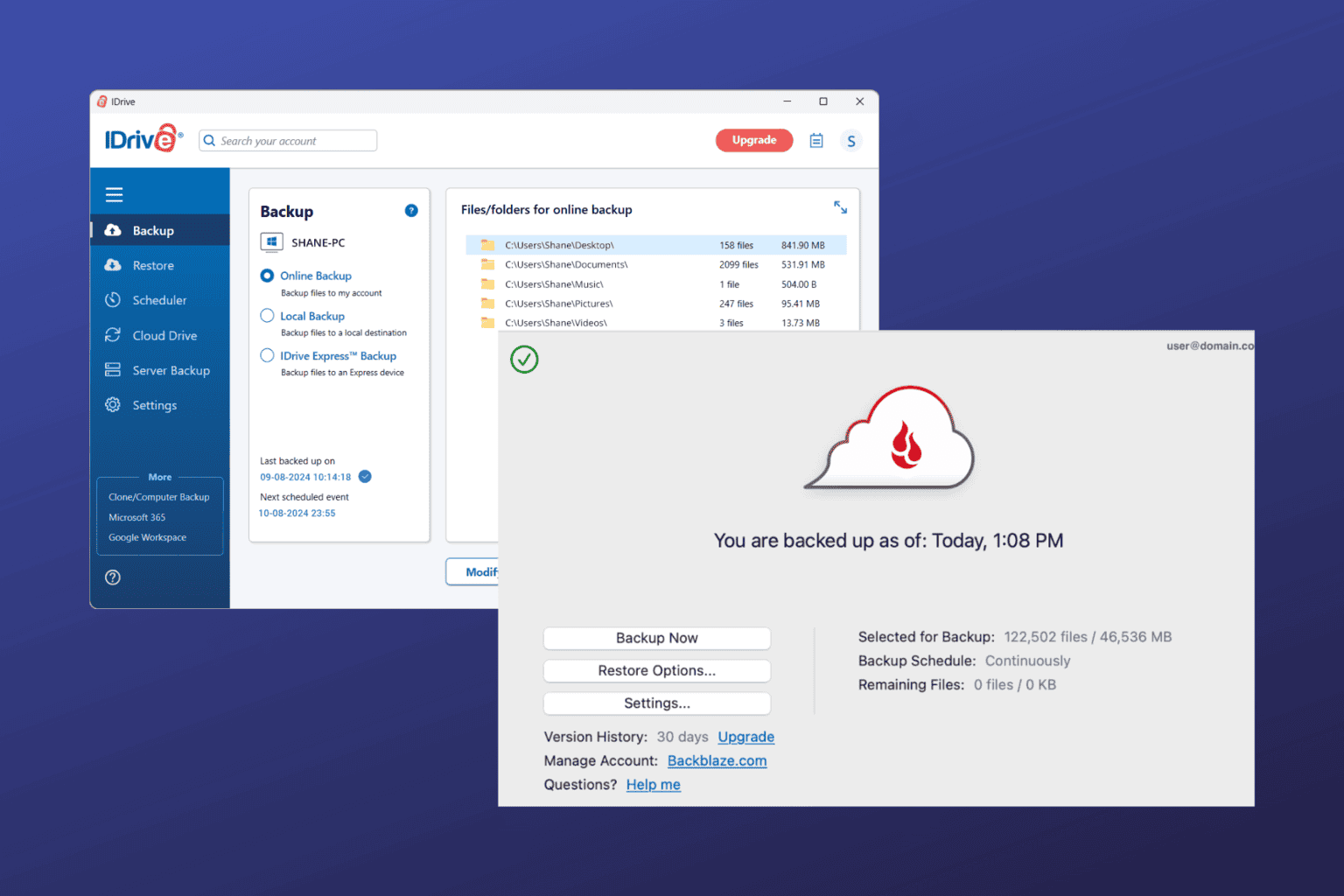
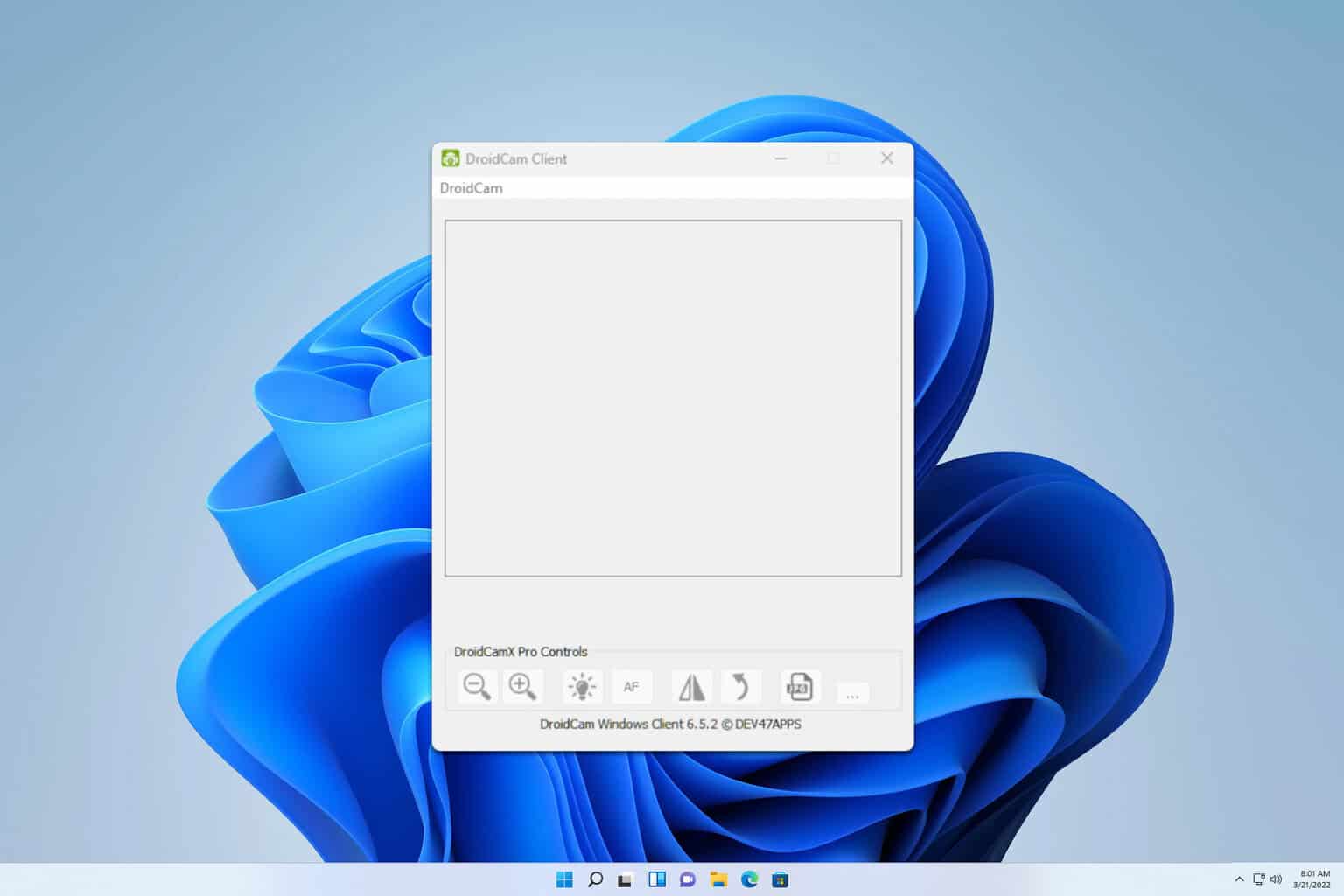
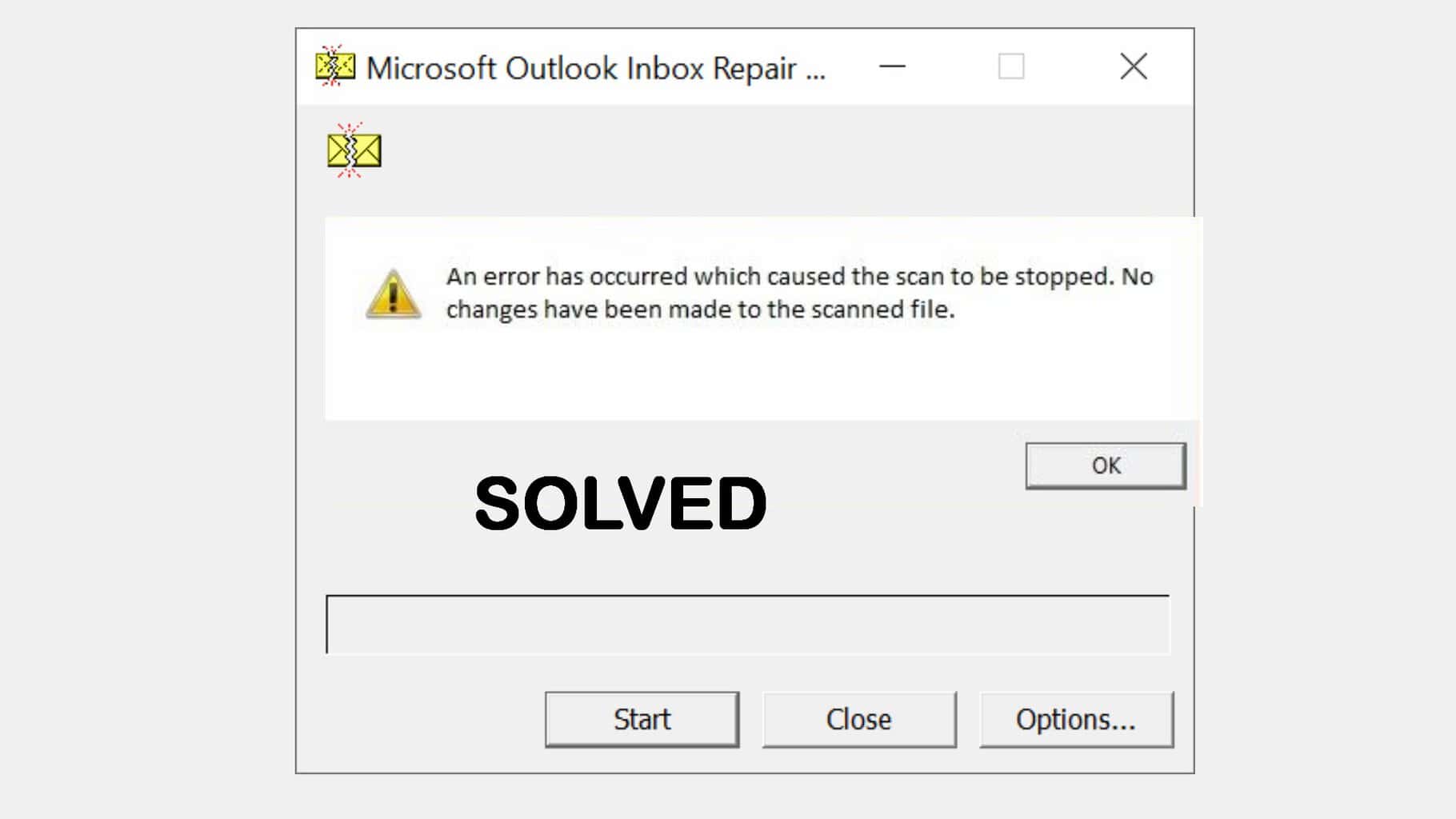
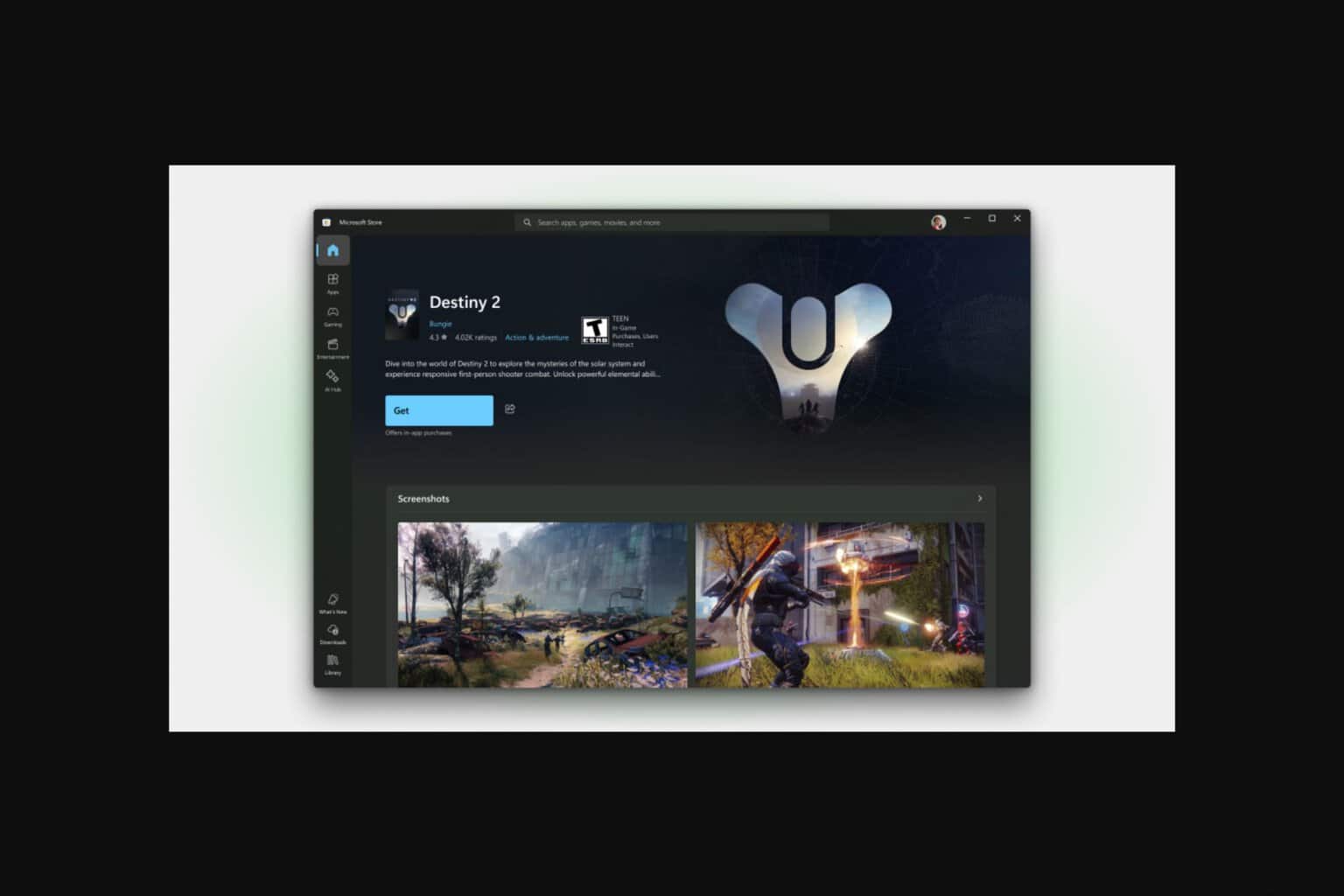

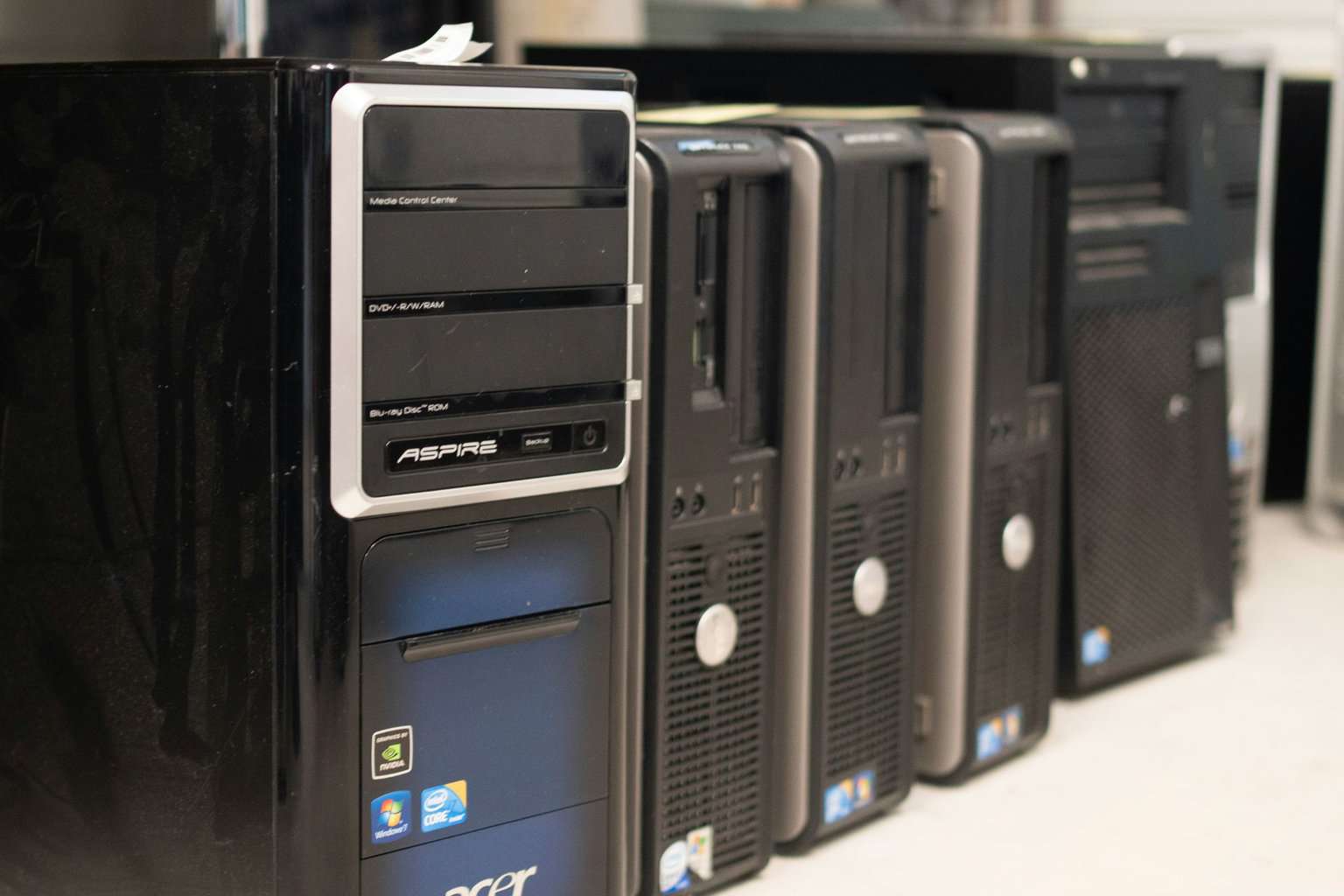
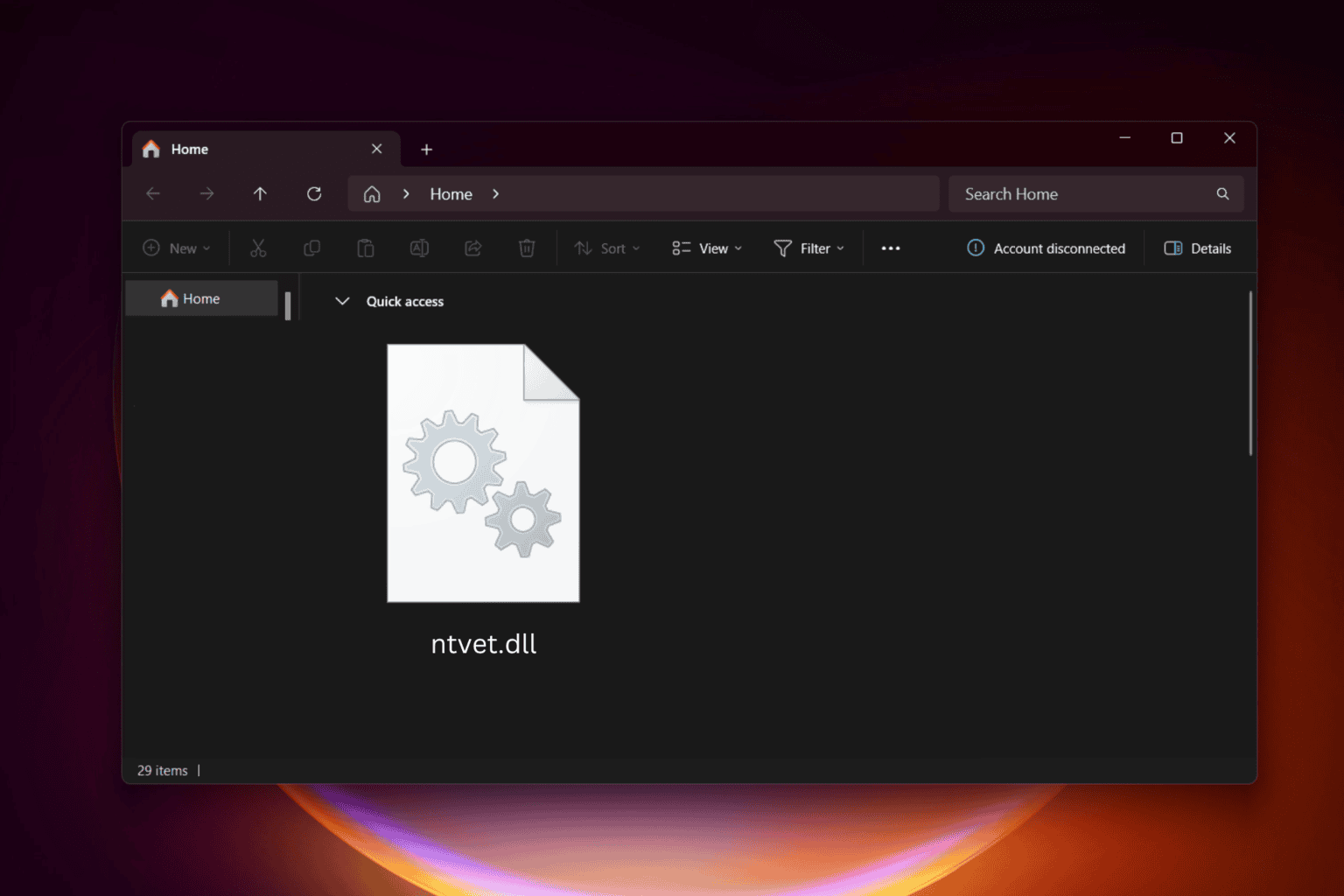
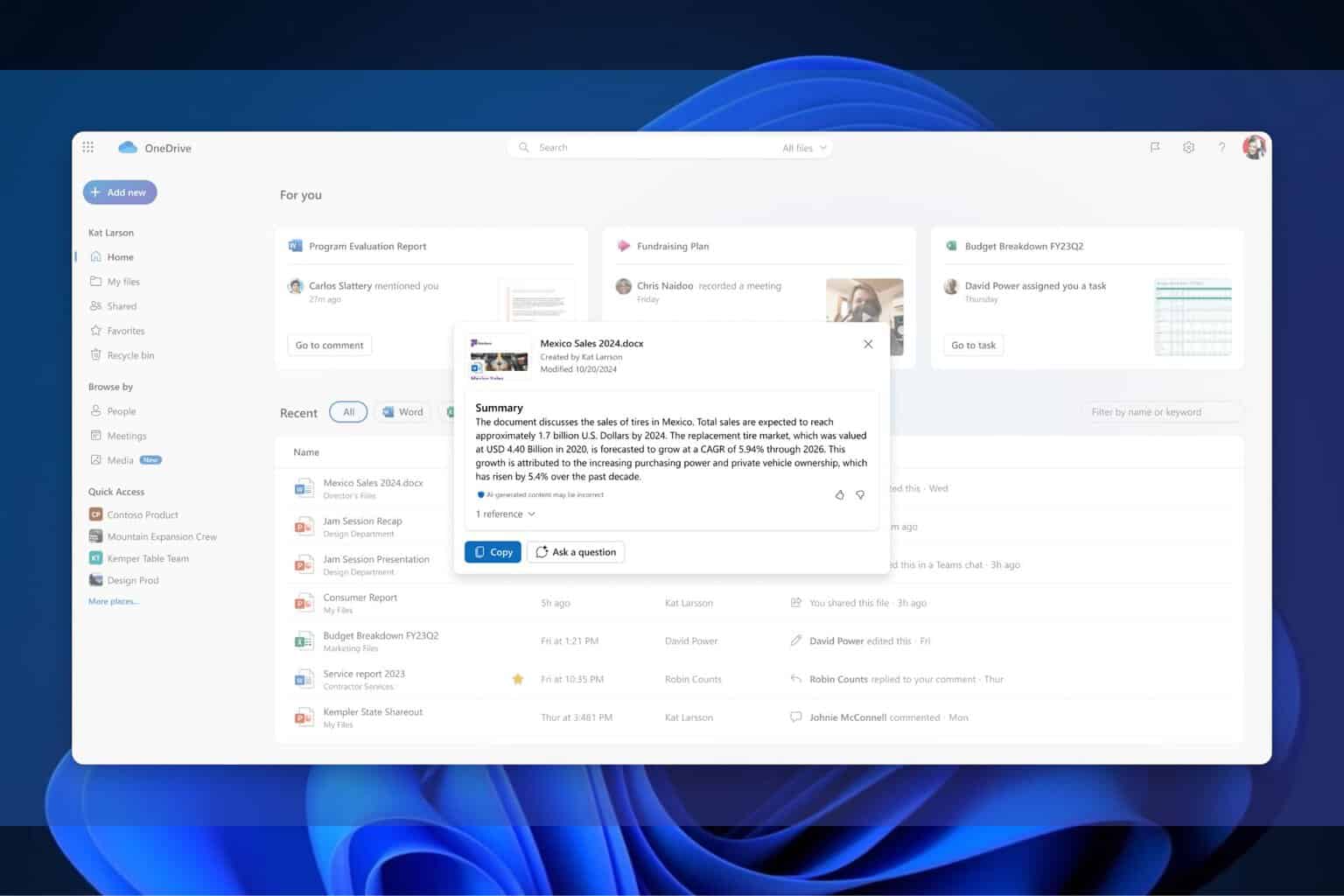
User forum
0 messages